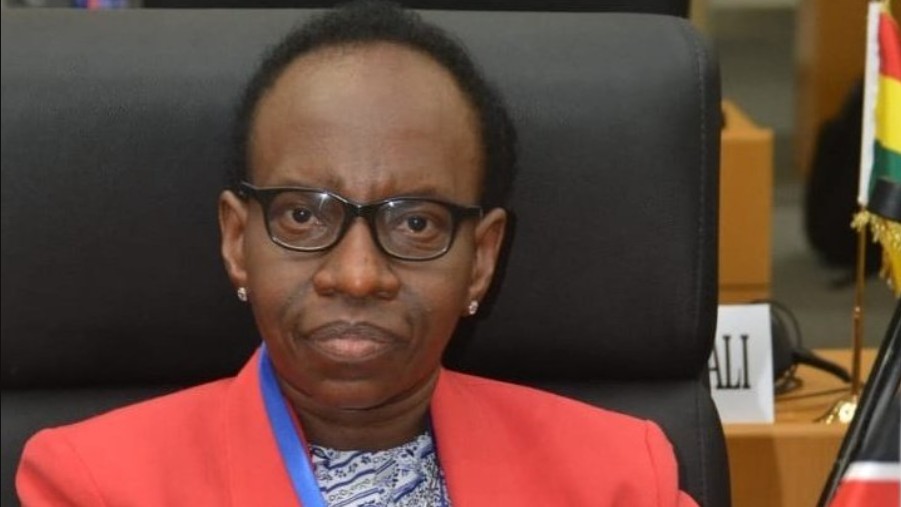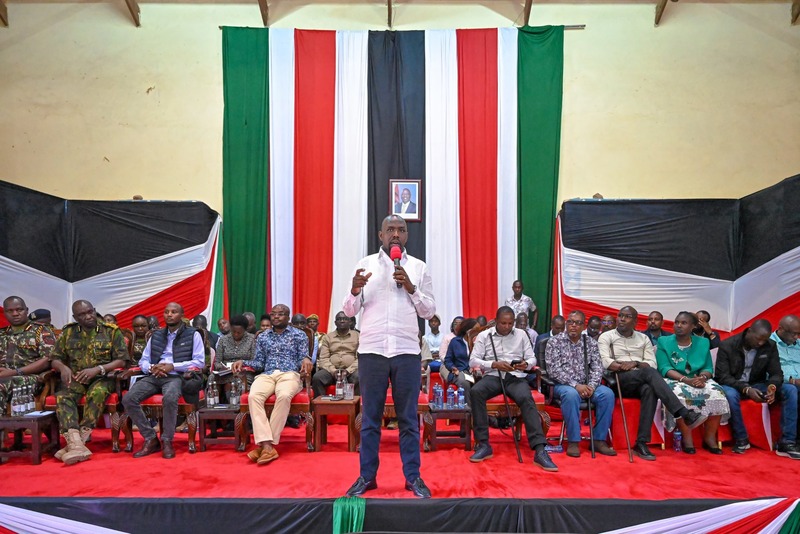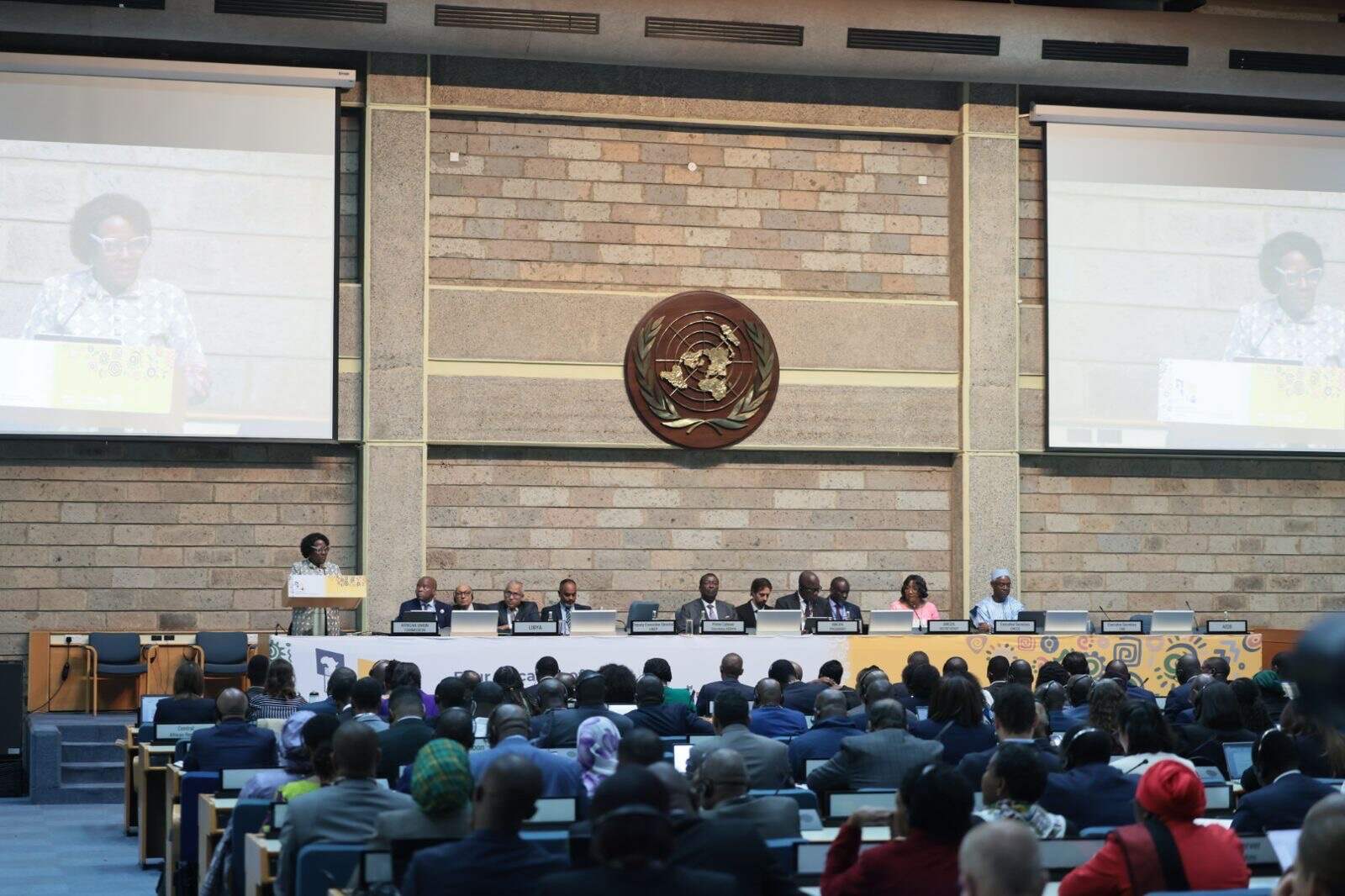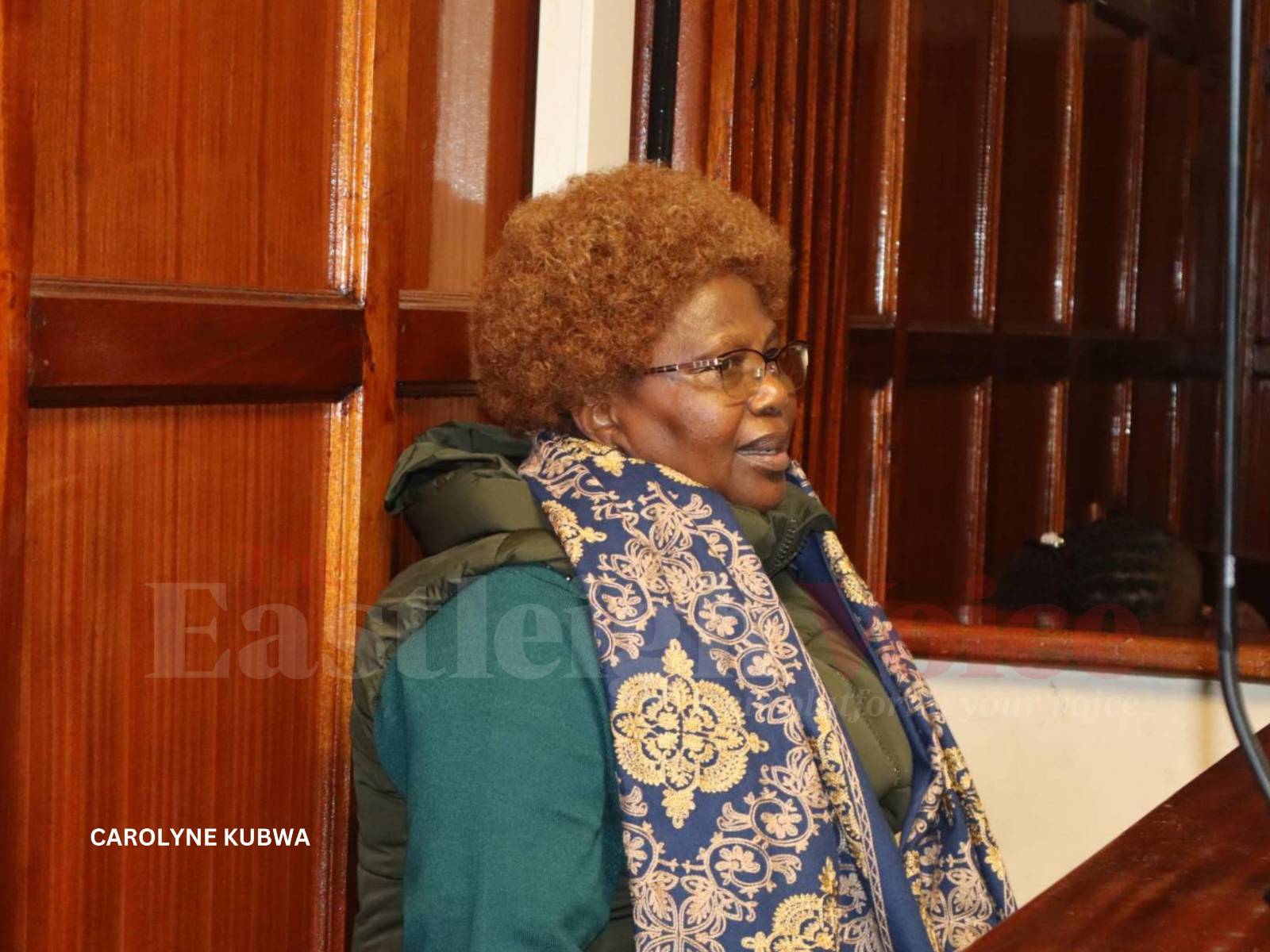Sh540 million loss: Auditor General Nancy Gathungu exposes irregularities in book distribution

The audit uncovered glaring irregularities in how books were distributed to public schools. Some schools received more textbooks than required, others got books for subjects they did not teach, while many were left without books at all.
A new audit has exposed a major breakdown in the handling of textbook funds by the Ministry of Education, with more than Sh540 million believed to have been lost due to poor planning, inconsistent deliveries, and mismanagement over a four-year period.
The findings, contained in a special audit by Auditor-General Nancy Gathungu, reveal that from 2020/21 to 2023/24, the State Department for Basic Education disbursed Sh27.9 billion to the Kenya Institute of Curriculum Development (KICD) for textbook procurement, yet records from KICD show a higher receipt of Sh28.2 billion, leaving a gap of Sh378 million that remains unexplained.
More To Read
- Only four in 10 Grade 4 pupils can read Grade 3 English story, report shows
- Court declares State takeover of Gatoto School in Mukuru kwa Reuben unconstitutional
- MPs demand action over 9,000 pupils who missed 2023 KCPE
- EduAfya audit uncovers 'ghost students', Sh2.3 billion overpayment
- Four years on: Auditor General Nancy Gathungu still locked out of NHIF claims system
- Sh16.6 million disbursed to 14 ghost schools, Auditor General reveals
“The SDBE did not disclose or provide the criteria used in transferring the textbook capitation funds to KICD. The rate per learner for the textbooks was also not disclosed. Further, KICD did not include procurement of textbooks in its procurement plan,” reads the audit report.
Despite the huge allocations, the audit uncovered glaring irregularities in how books were distributed to public schools.
Some schools received more textbooks than required, others got books for subjects they did not teach, while many were left without books at all. In total, Gathungu said books worth Sh295.6 million were never delivered.
A sample of 442 secondary schools, 339 junior schools, and 336 primary schools revealed that the supply of textbooks did not match enrolment data from the National Education Management Information System (Nemis), despite contracts clearly stating the number of books each school should receive based on student numbers.
“There were also 110 schools that did not maintain records of textbooks, teachers’ guides, and other instructional materials delivered,” the audit adds.
The report further found that 394 secondary schools, 94 junior secondary schools, and 182 primary schools were supplied with excess books worth Sh90.8 million, even as 183 secondary schools, 233 junior schools, and 253 primary schools failed to receive books valued at Sh41.4 million.
“At the same time, textbooks worth Sh41.4 million were not delivered to 183 secondary schools, 233 junior secondary schools, and 253 primary schools. Comparison of textbooks delivered to schools, as indicated in signed delivery notes, with numbers indicated in the distribution lists provided by KICD established that there were publishers that delivered fewer textbooks,” Gathungu said.
In another worrying finding, 118 secondary schools, 225 junior schools, and 26 primary schools received textbooks valued at Sh30.3 million for subjects they were not offering.
The report also flagged delays in deliveries under 76 order numbers across different school levels. The delays ranged from three months to more than three years, raising further questions about the efficiency and oversight of the entire procurement and distribution process.
The audit highlights widespread gaps, from the lack of a clear transfer process for funds to the failure by KICD to include textbook purchases in its procurement plans. It concludes that the losses and inefficiencies have undermined the goal of ensuring every learner has access to appropriate instructional materials.
Top Stories Today












































